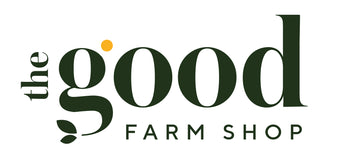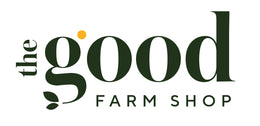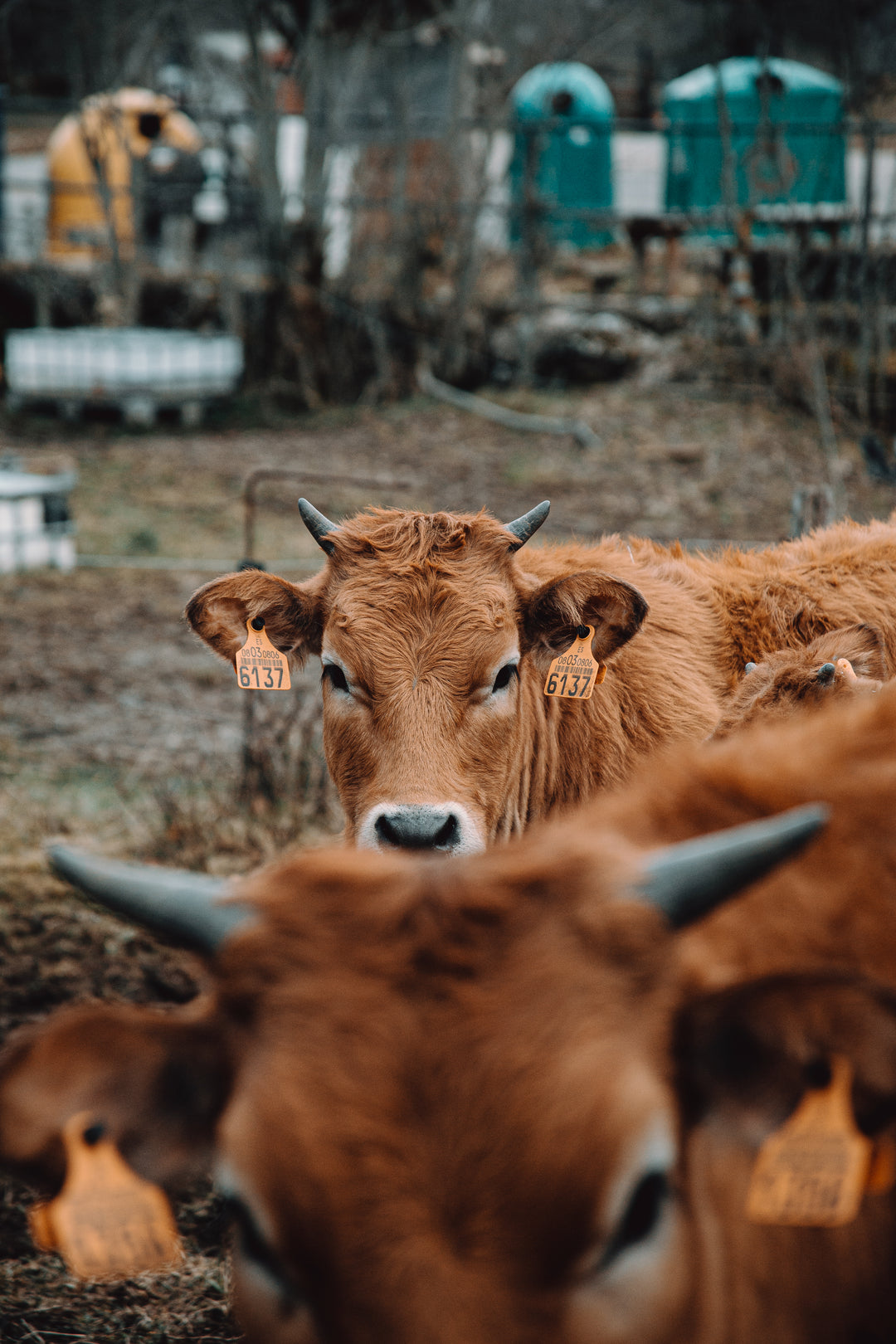Why is organic food more expensive?
Organic food is typically more expensive than conventionally grown food due to several factors:
- Higher production costs: Organic farming methods require more labor-intensive practices, such as hand weeding, crop rotation, and the use of natural fertilizers, which can increase the cost of production.
- Lower yields: Organic farms generally have lower yields than conventional farms due to the absence of synthetic pesticides and fertilizers, which can lead to decreased crop yields and more losses due to pests and diseases.
- Certification costs: Organic farms must meet strict certification standards, which can require additional expenses for inspections, paperwork, and organic certification fees.
- Supply and demand: Organic food currently represents a smaller portion of the overall food market, and demand for organic products continues to grow. This can lead to higher prices due to limited supply and increased demand.
As supply meets the growing demand, the costs of organic food will decrease.
Overall, the higher cost of organic food reflects the additional labor, certification, and production expenses required to produce food without synthetic pesticides and fertilizers, and to maintain organic certification standards. However, some people believe that the higher price of organic food is worth it because they prefer the taste, nutritional quality, and environmental benefits associated with organic farming practices.




















I try and eat organic all the time and I don’t get perturb about the cost – I have better things to worry about than trying to save a few dollars here and there. I am thrilled to support a new business sharing my beliefs. Thank you for your enterprise and I wish you every success, We live in abundance. I have simplified my life, so I can afford organic food – prepared with none of the nasties like seed oils, preservatives, additives etc.
Leave a comment